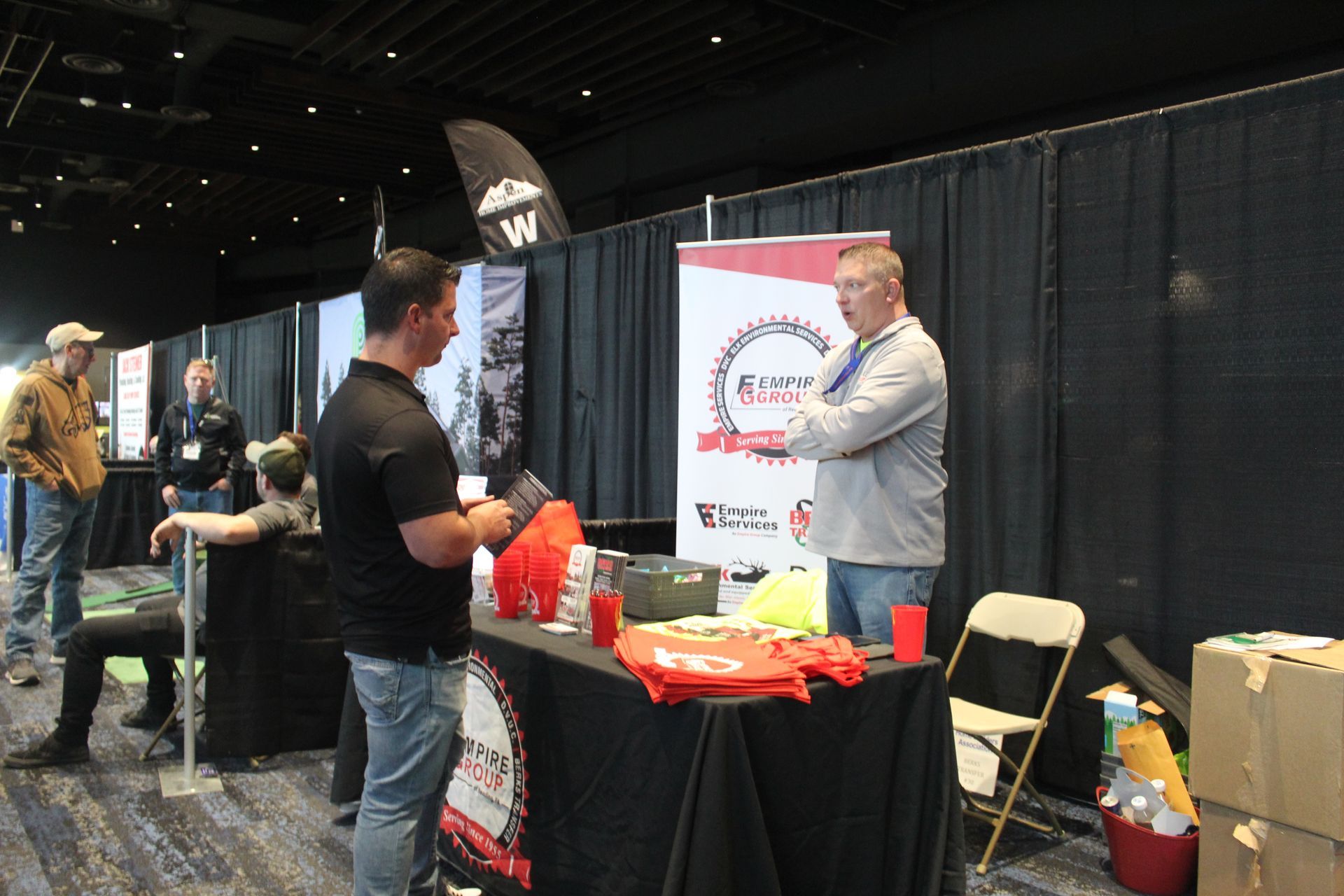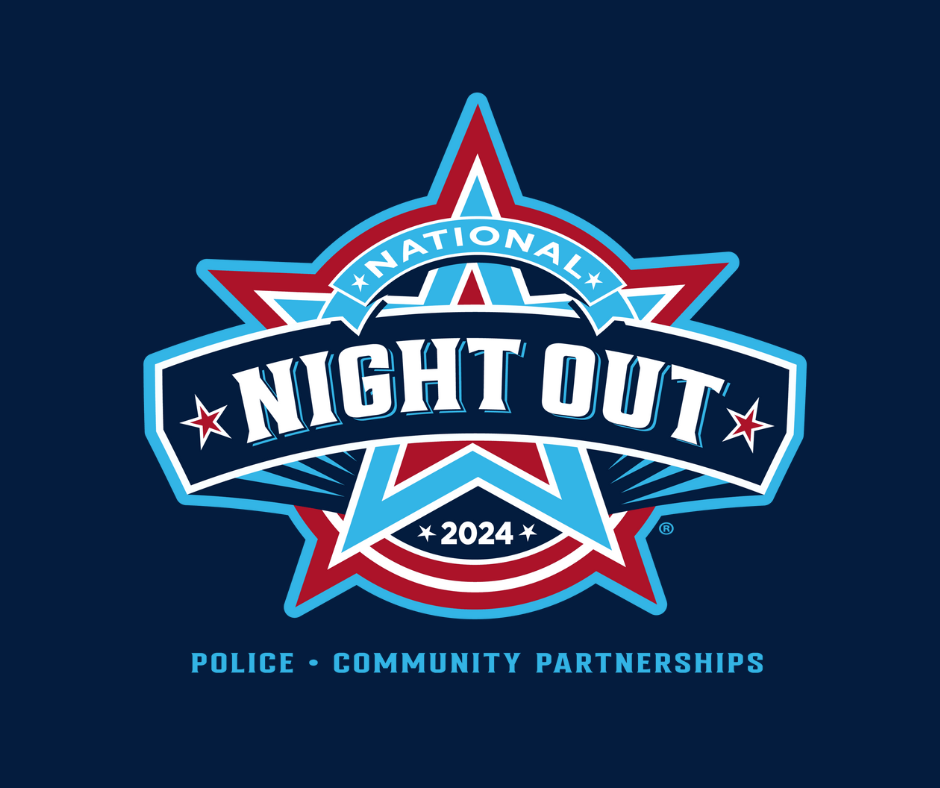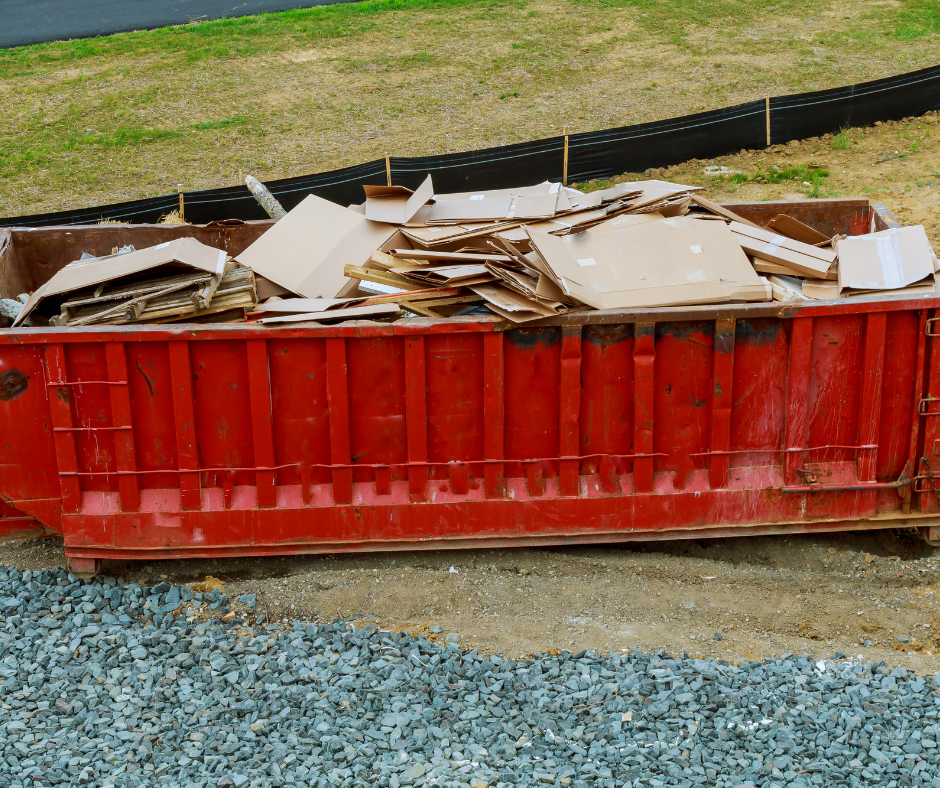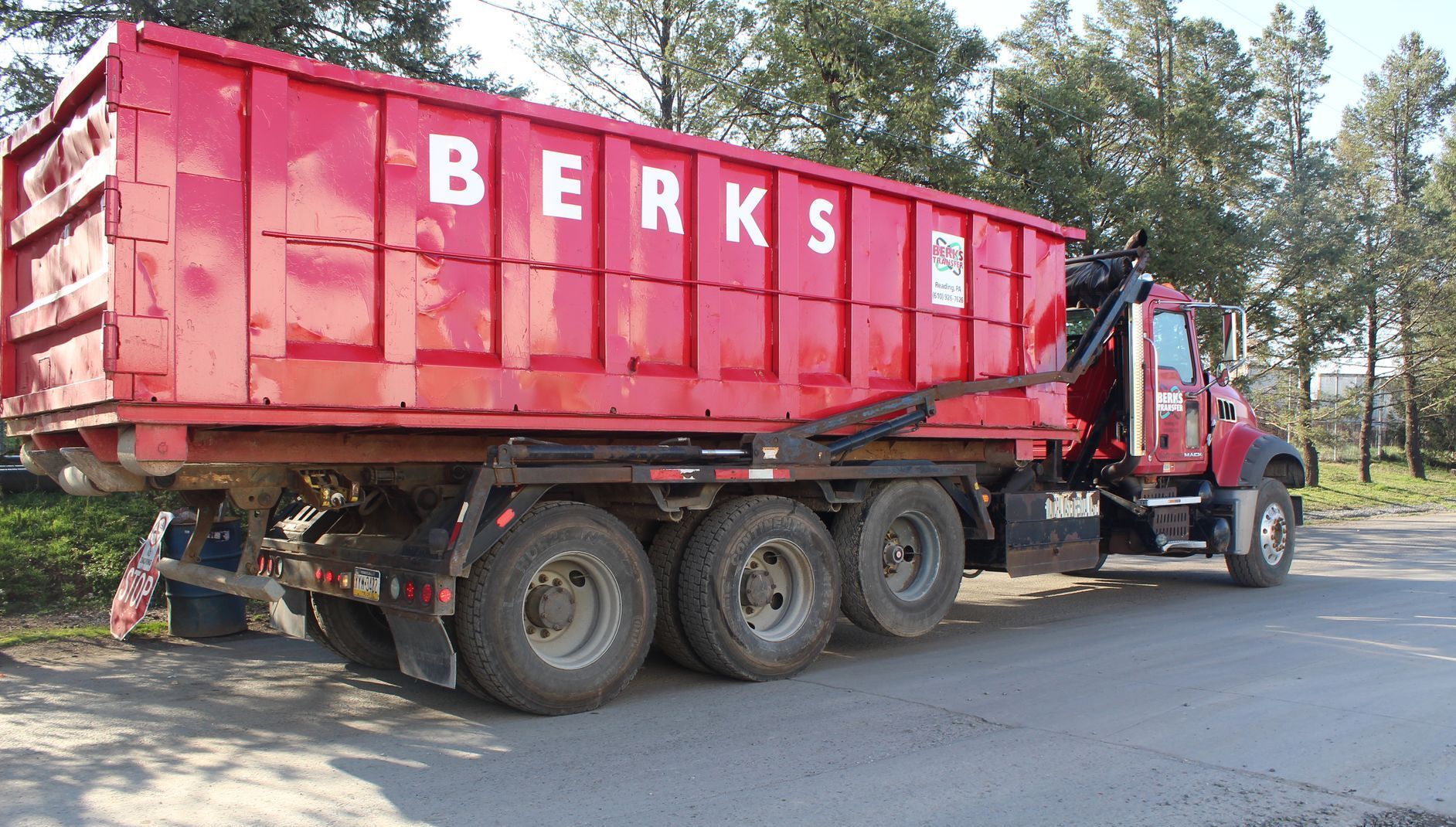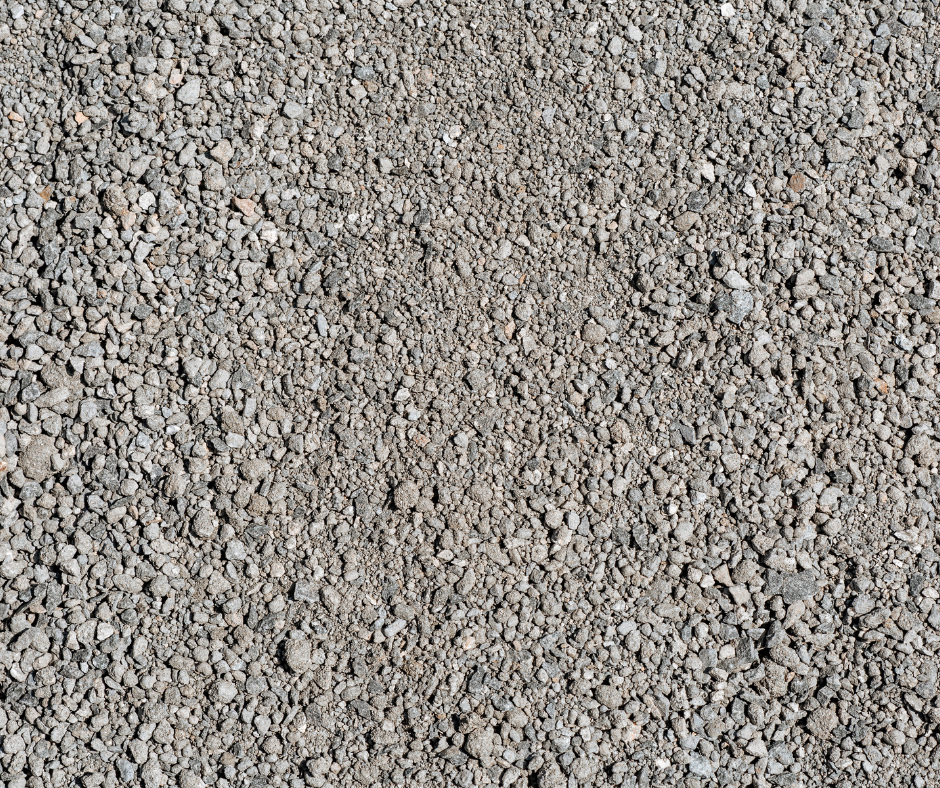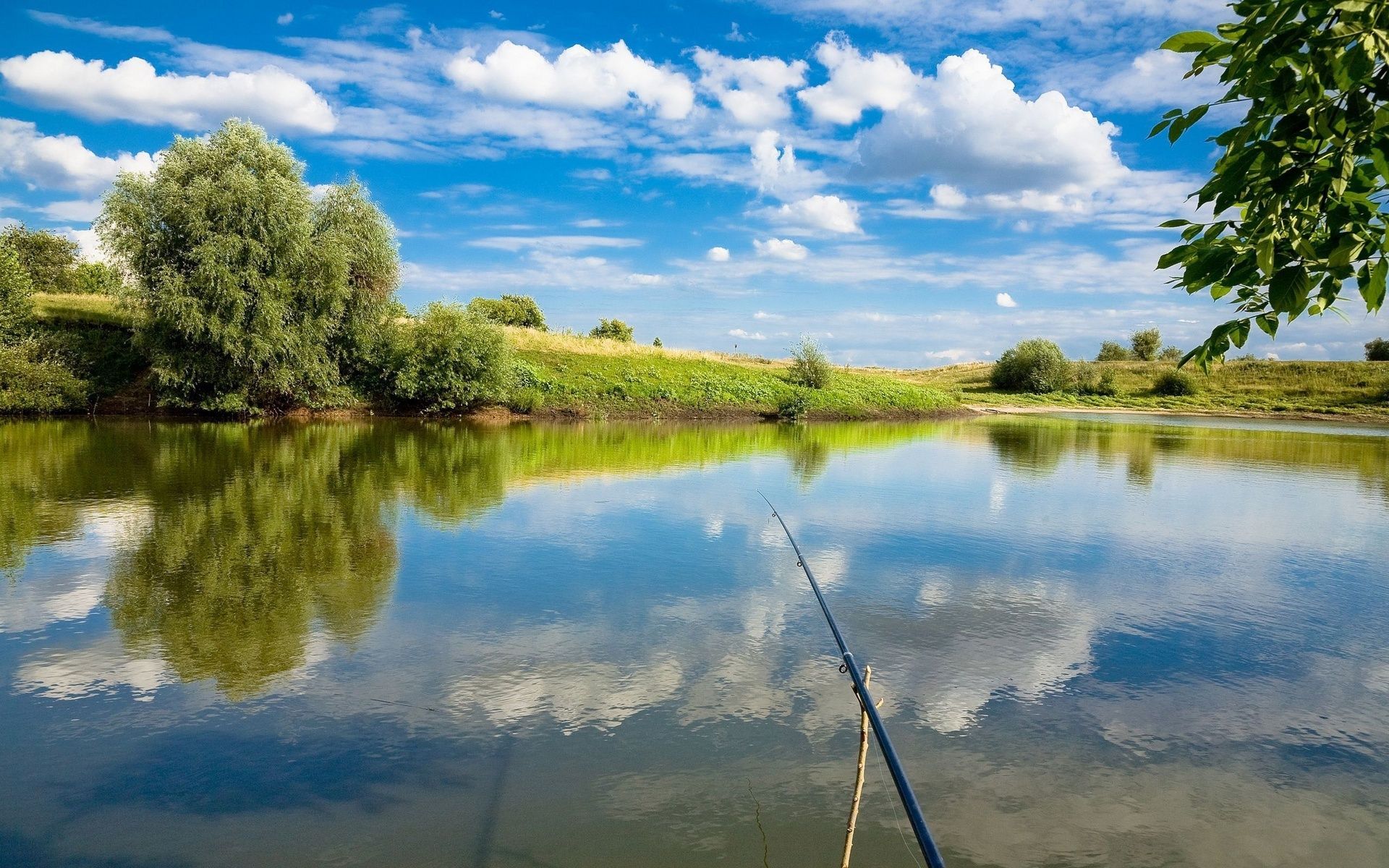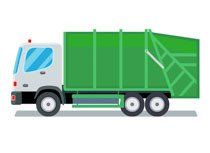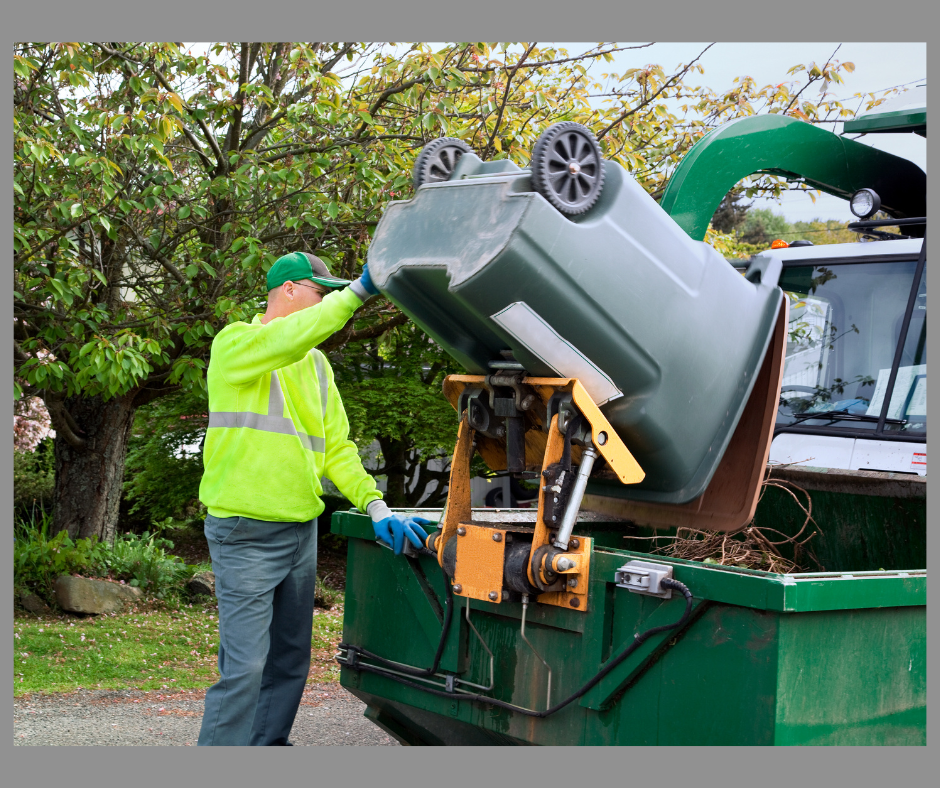Source: Himanshu Bhatt/NurPhoto via Getty Images
Back in the early 90’s, the U.S. began sending recyclables overseas to China. By offshoring the plastics that were of the least value to us, we avoided dealing with the disposal of the material by paying someone else to take it.
By not paying for domestic disposal, we “may” have saved money in the short term. Long term, however, there was a price to pay for that decision, which was seeing paper and plastics wash into oceans and rivers at an alarming rate. The consequence has become the need for what is presently a $150 Billion dollar need in oceanic clean-ups (yes, that’s billion, with a B). Winnie Lau, Project Director of Preventing Ocean Plastics for The PEW Charitable Trust, said it best: “The world needs a plan.”
People have to want to invest in research and technology to address the crisis. Determining more imaginative uses and better uses for the waste will allow us to ramp up the development of peer-to-peer recycling for everything we use; whether it’s plastic bottles, such as DAK Americas does, or creating products, such as outdoor furniture or even Pilot Pens. We created way too much of this waste in the first place because we’re lazy. We want disposable-everything, and we’d rather pay for “convenience” instead of giving a thought to the consequences. In the US, we recycle less than 10%of the plastic we use.
What good is teaching the kids in school to sort plastic, paper and trash if the adults aren’t going to do the same at home? What kind of message does it send? Fortunately, there are corporations, communities and employers who work hard to manage recycling and waste decisions to mitigate pollution and create sustainable options. But, far and away, most are not doing that.
Individually, what can we do that’s actually going to make a difference? Hire a trash hauler whom you know is handling recyclables separately. Will it cost more money? Yes, absolutely it will. It requires a different truck, a different route, and different disposal costs, which must be offset with a separate fee/charge.
Don’t wait for a teacher to tell your kids to sort and recycle. It has to begin at home. Education regarding what petroleum products do to the oceans is a good start. National Geographic notes that eight million tons of trash enters the oceans each year. The simple fact is if we consume less “disposable” material, and utilize what we purchase, there’s hope. Bottle Billsare one way encourage participation in recycling. In the states that have such bills, there’s a huge downturn in the amount of litter, which it encourages residents to dispose of bottles and glass containers properly, to guarantee their refunds.
For students considering a career in recycling and sustainability, Times Higher Education maintains a great list of the top schools for degree programs. The industry could grow ten-fold, and there would still be enough of this waste around to keep the business sector busy for a long time to come.
